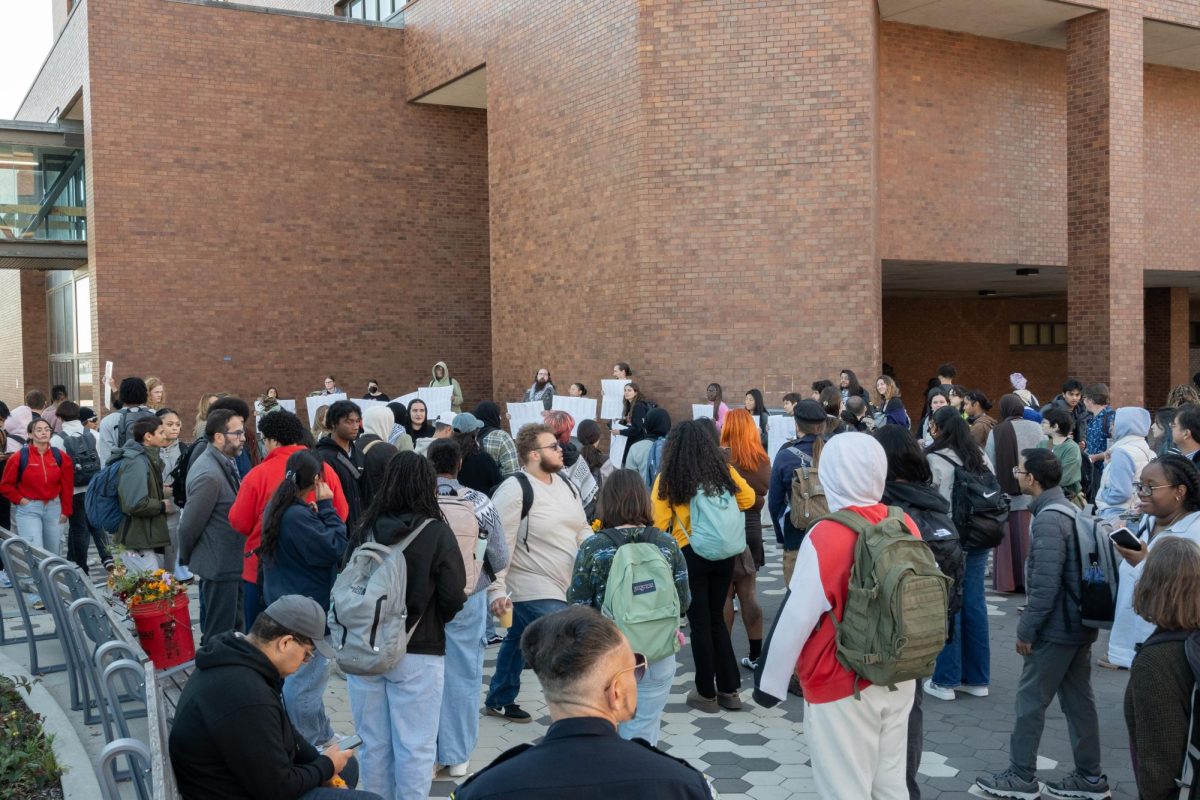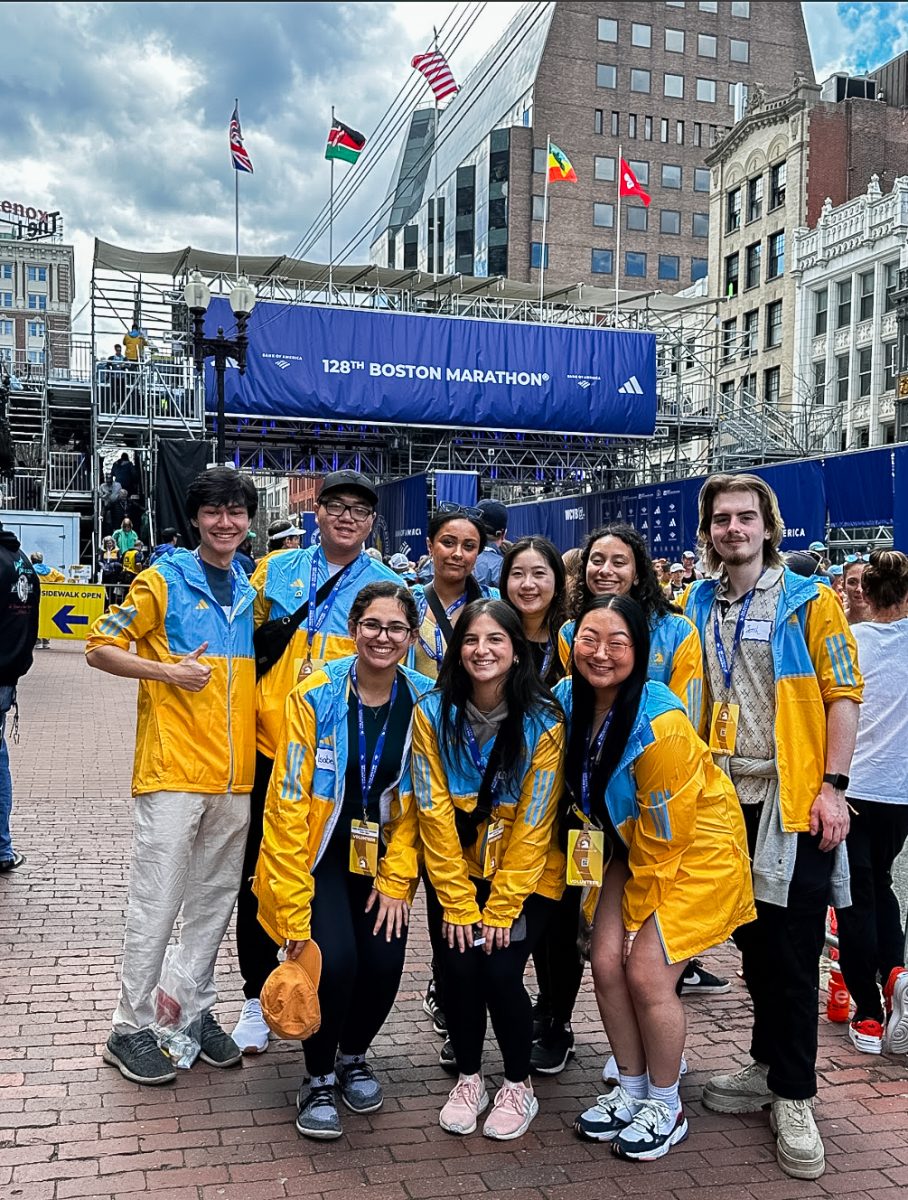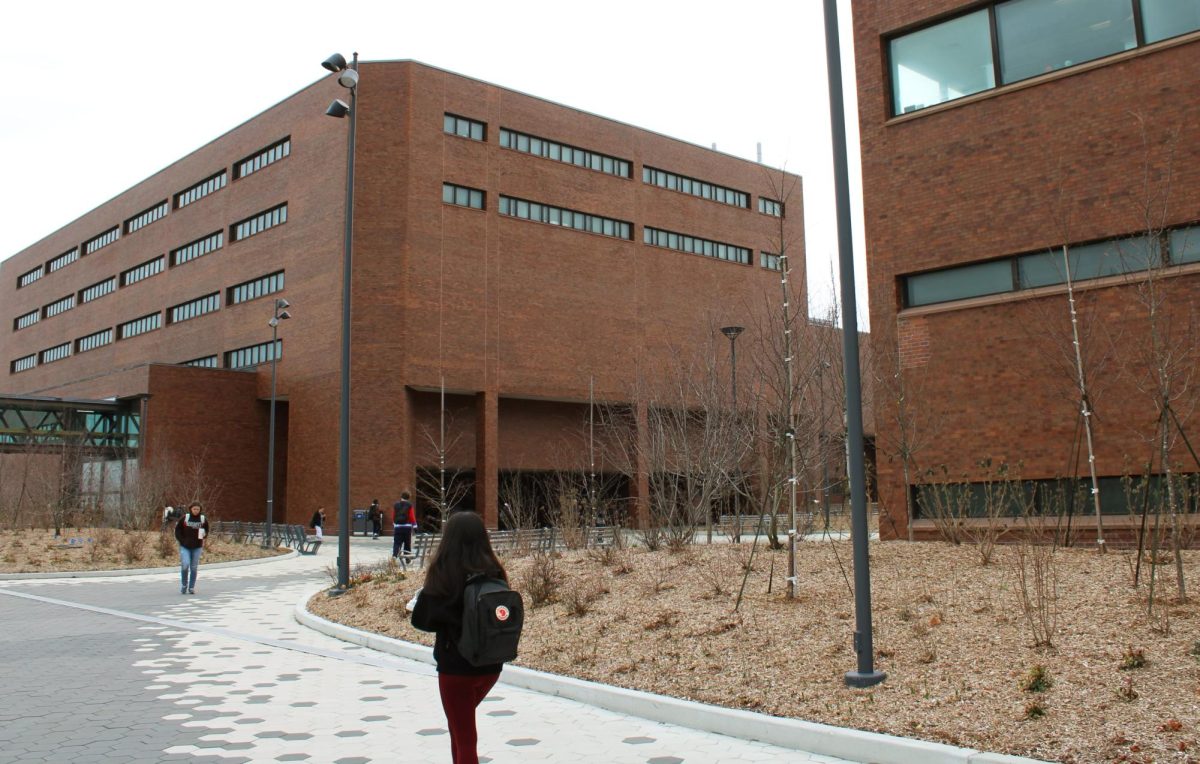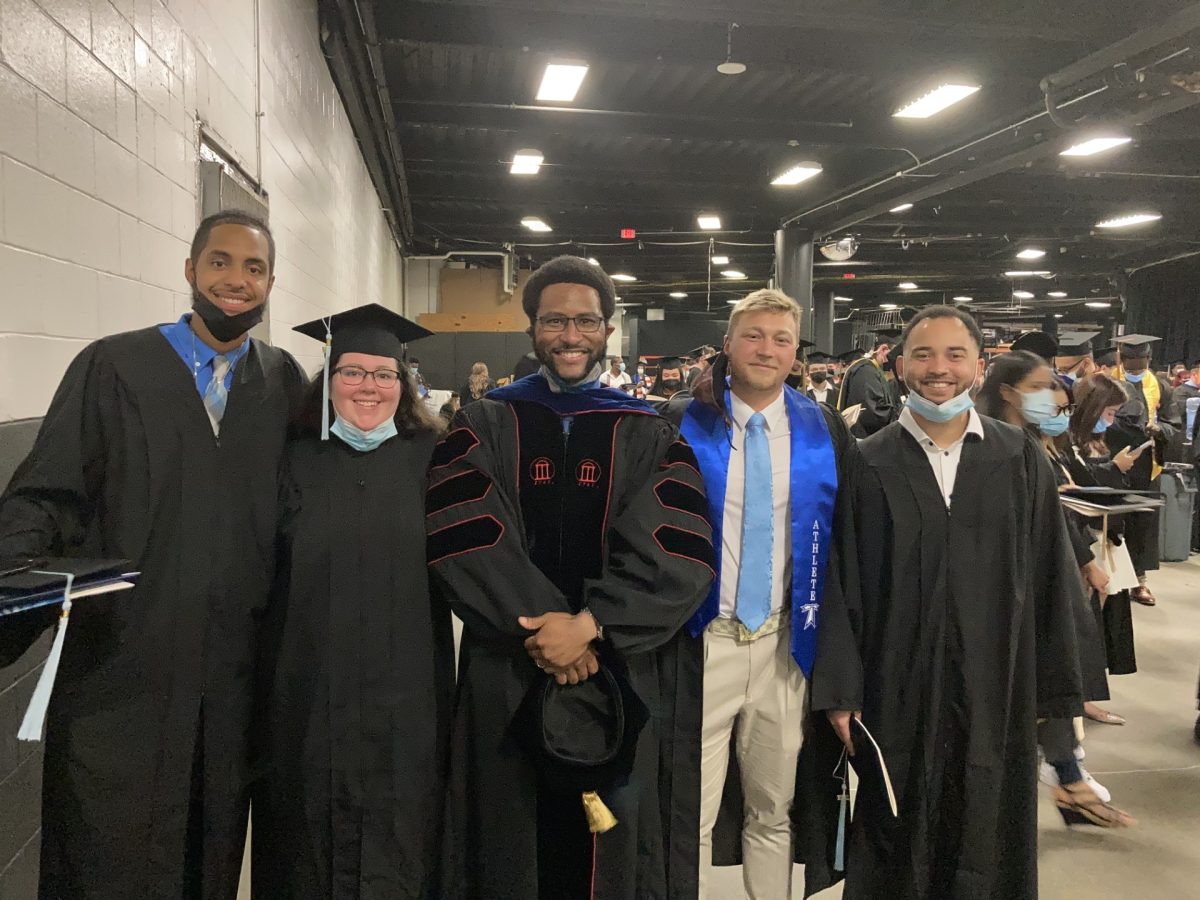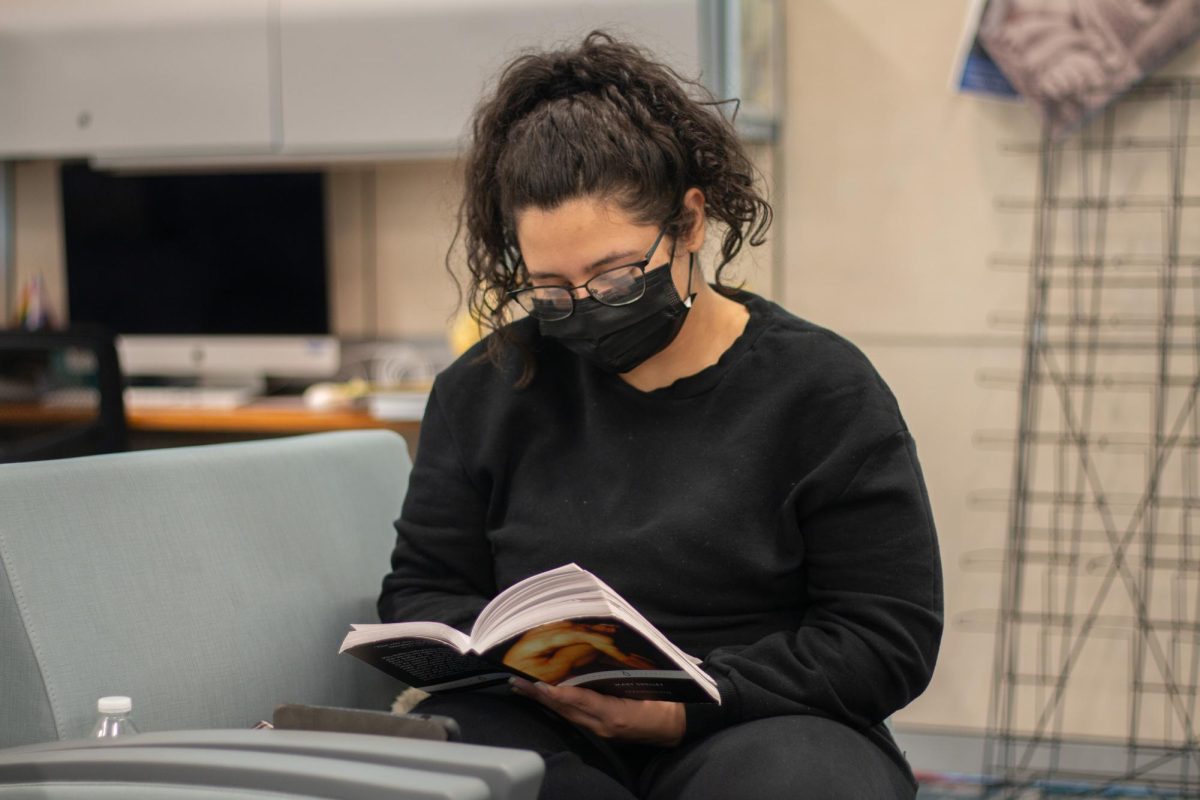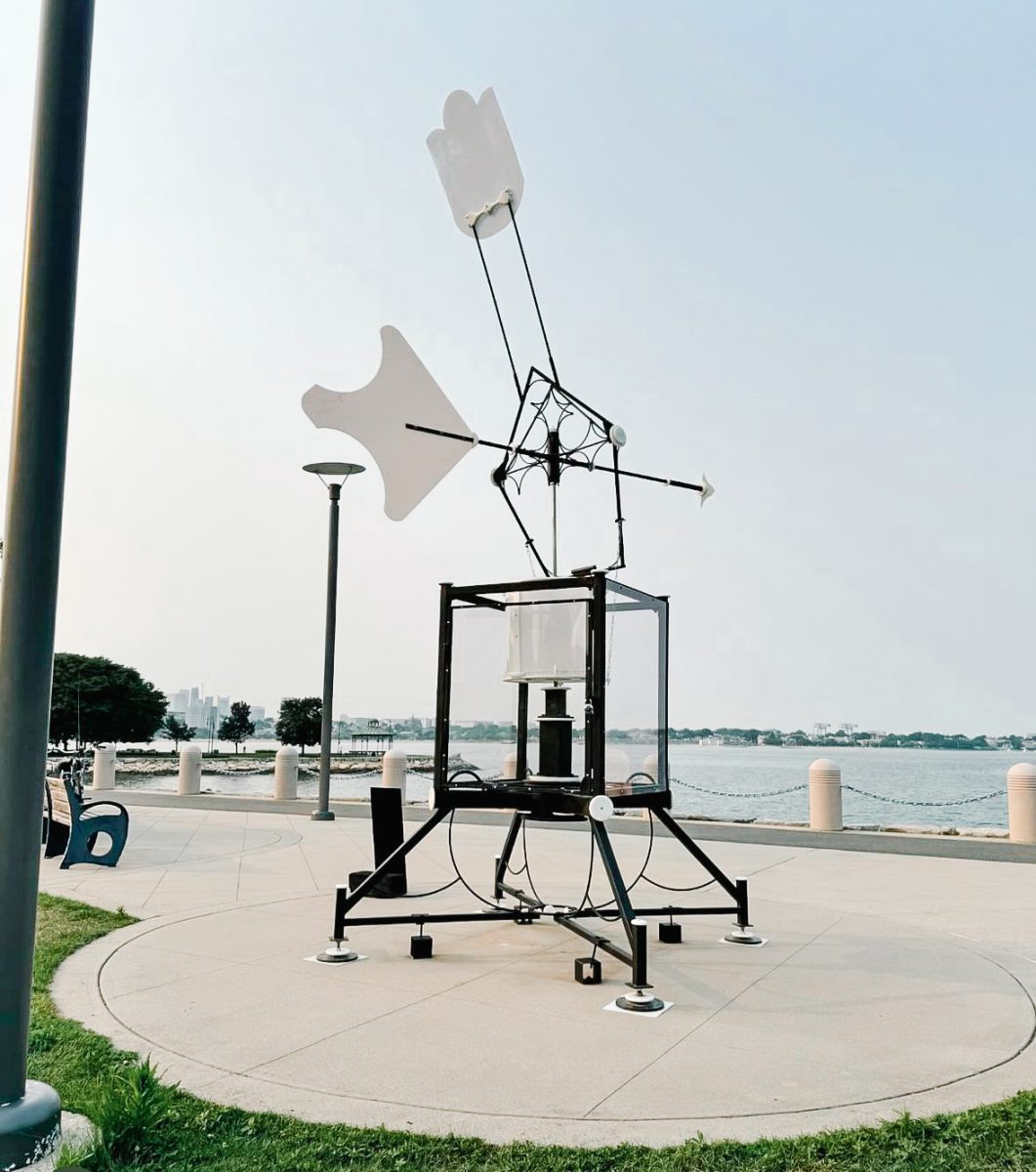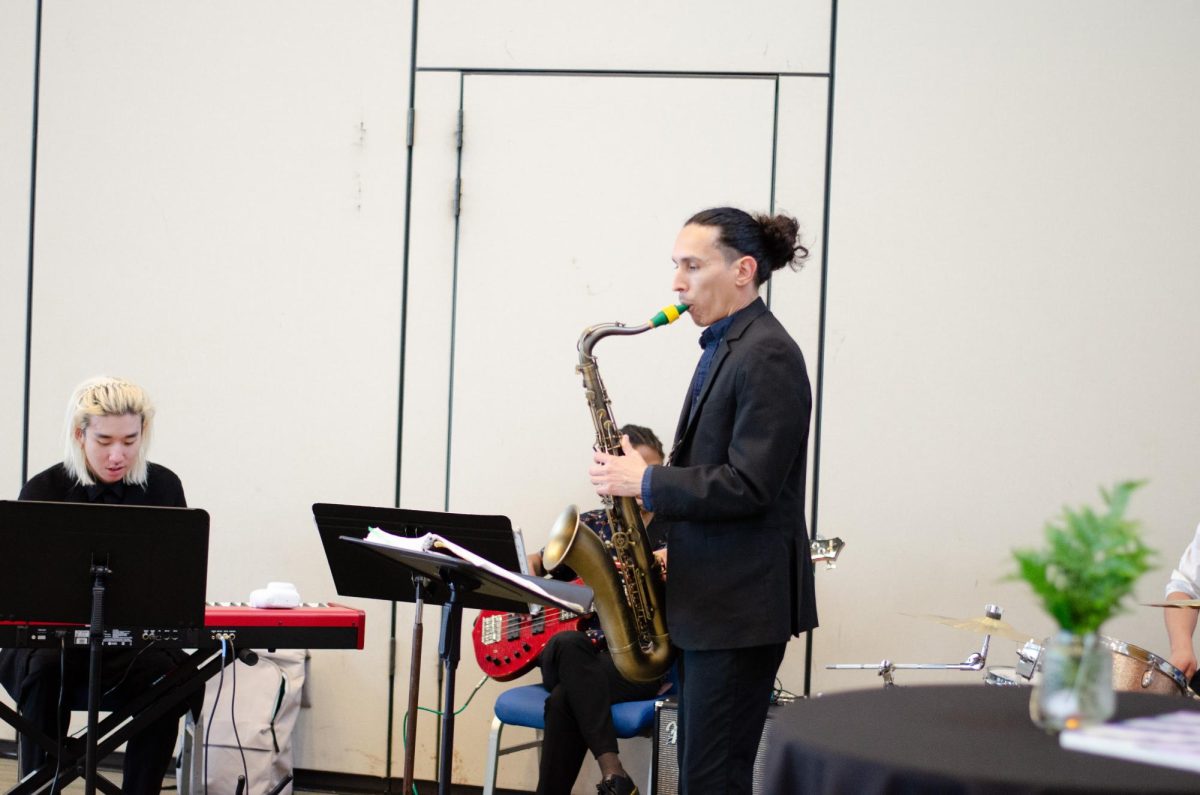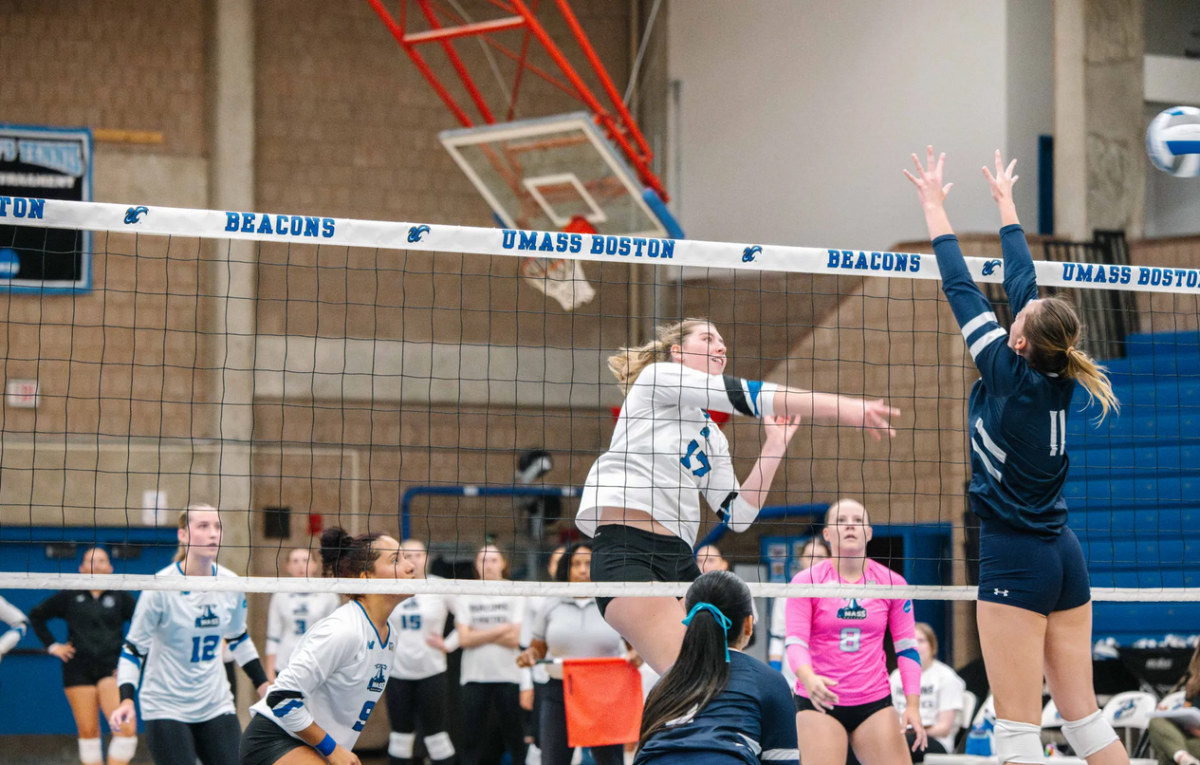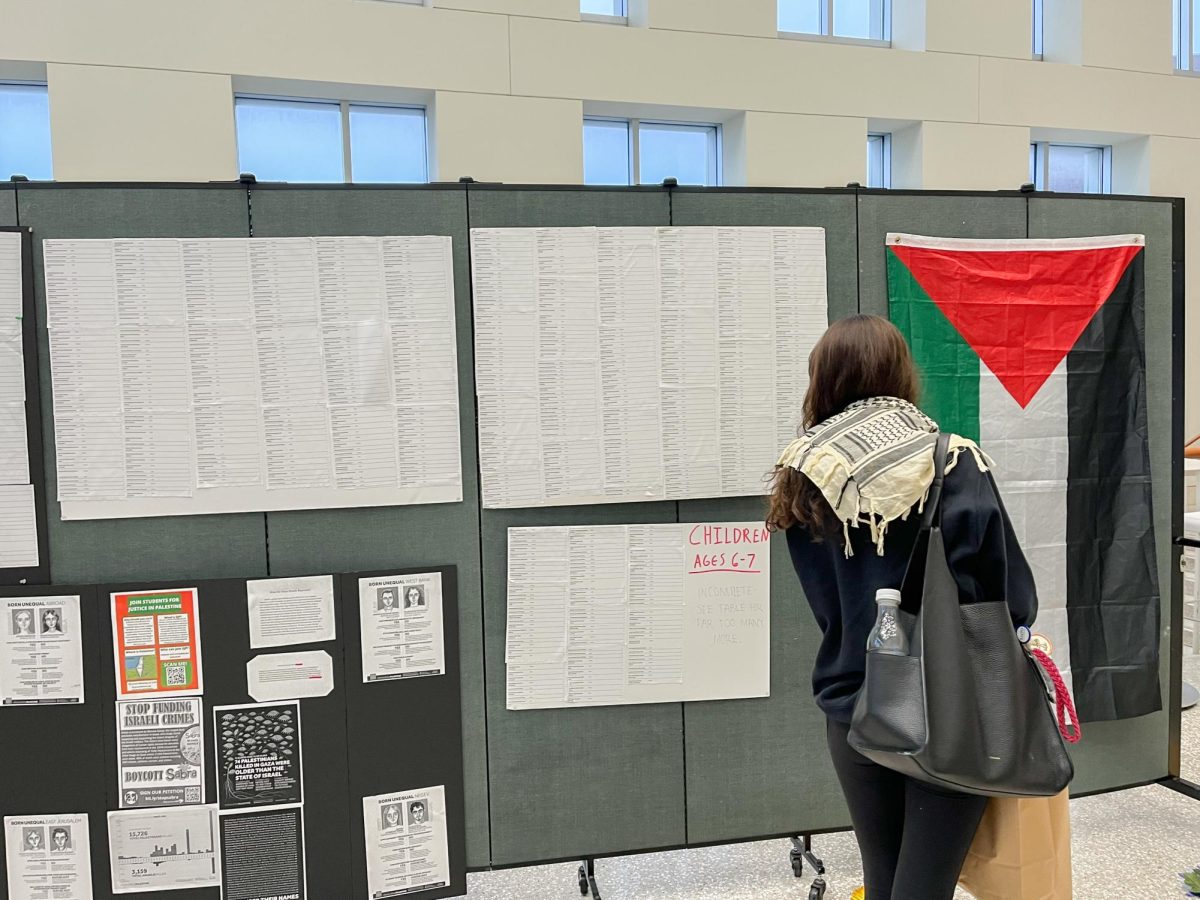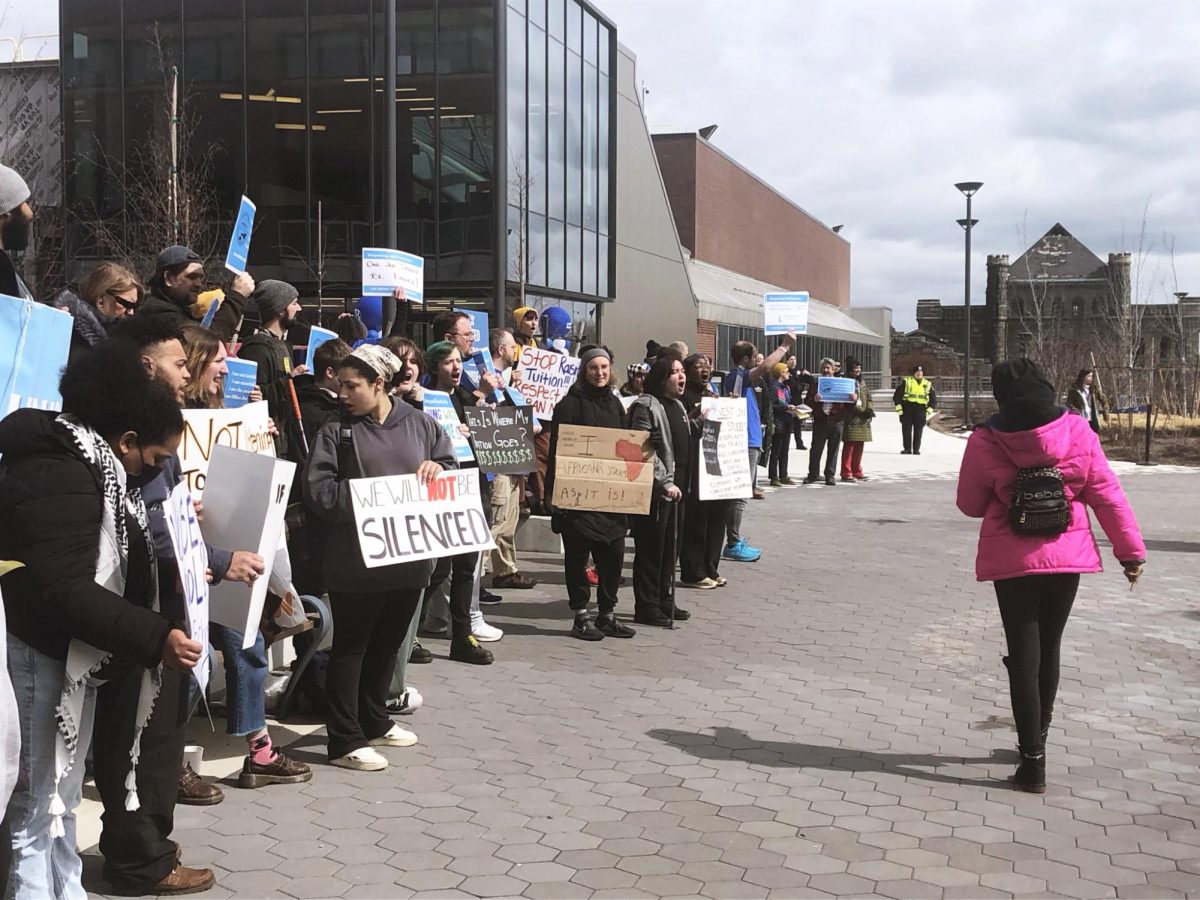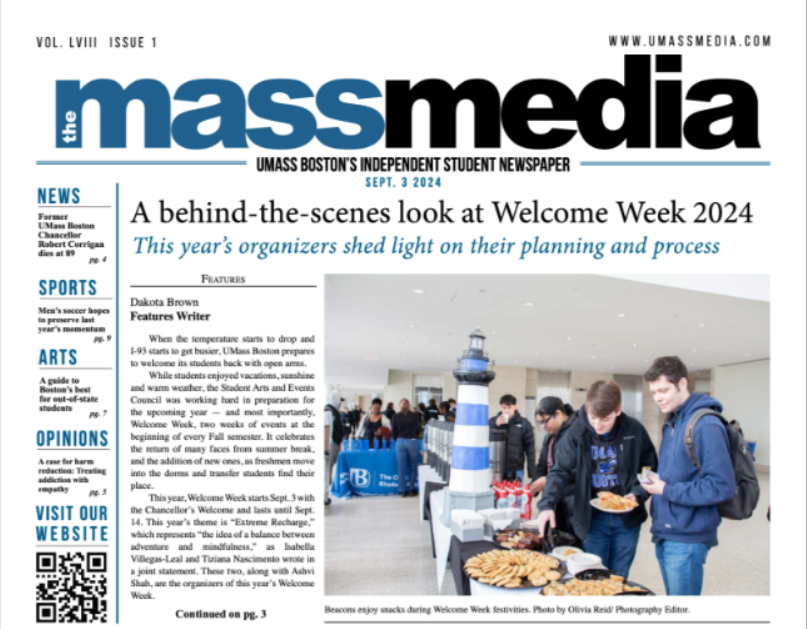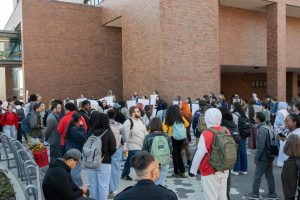Beacons Baseball Notebook
April 14, 2008
For the second straight week, Nick Conway hogged the spotlight. Only this time, Mike Andriano was right behind him. The Beacons’ one-two punch at the top of the rotation turned in two impressive pitching performances last weekend. Against one of the top Division III programs in the Northeast, the Beacons split a doubleheader with Eastern Connecticut State University.
Bill Holowaty has been around, and he knows great talent when he sees it. Having coached Eastern Connecticut to four national titles and over 1,200 wins in the last 40 years, Holowaty has seen plenty of arms come and go. He’ll be happy to see Nick and his arm leave the Little East after this season.
“The way he competed, he was the boss, the leader,” said Holowaty in a phone interview about Conway’s performance in game one of the doubleheader. “Nick did a heck of a job.”
The 3-2 win in game one pushed Conway’s record to 3-1, and the complete game was his third of the season. The ace walked four and allowed four hits (all singles), but didn’t allow an earned run. The difference in this start was the low strikeout number – six – for UMass Boston’s King of the Hill.
Brendan Eygabroat explained that when a pitcher as talented as Nick Conway is pounding the strike zone, the opposing team likes to swing early in the count in order to avoid getting down in the count and striking out. “Kind of like the old Pedro Martinez effect, where teams would come up and just kind of swing away, ’cause they knew once you get two strikes, [they] have no idea what’s coming.”
“Even though Nick didn’t have the big strikeout numbers, you could say it was the best game he’s pitched,” Eygabroat said, because all three of his pitches were working and Eastern Connecticut is the most talented team the Beacons have faced this season.
Even though Mike Andriano didn’t come out victorious like Conway, he impressed Holowaty as well as his own head coach, who is seeing the sophomore round into form. “He’s such a good pitcher when he has the curveball, changeup and slider working, and he proved that [last Sunday] against some very good hitters from Eastern Connecticut,” said Eygabroat.
Andriano went 7 innings, while only walking one and striking out three. He gave up all three runs in the first three innings. The Warriors used a bunt, a stolen base and three singles to produce their two first-inning runs. In the third, Andrew Dewing hit the only extra base hit against Andriano, and it led to the eventual game-winning run.
Eygabroat was extremely encouraged. “We’re hoping this game kind of propels him,” he said. “He settled down and they could [hardly] get on base against him.”
Tim Fontaine and Eric Salvadore have been splitting time between designated hitter and catcher all season. Fontaine has caught a majority of the games and Salvadore, a full-time catcher at Massasoit Community College last season, has seen a lot of time as DH this year. Fontaine and Salvadore are one-two atop the hitting leader board for the Beacons, touting averages of .397 and .357, respectively.
The situation was possibly a volatile one, with two athletes vying for playing time, but their head coach explained that their relationship has really grown as the season has progressed. “They spend a lot of time doing drills together,” said Eygabroat. “It’s good to see the camaraderie between a junior and a freshman.”
“It’s been a nice thing to have, those two guys swinging the bats well in the middle of the lineup.”
The Beacons find themselves fourth in the Little East in homeruns (12) and triples (6), but their overall batting average has slumped to .268, placing them above only UMass Dartmouth.
Eygabroat believes that batting average isn’t a great barometer of how well a team is hitting. He wants to see his team working quality at-bats and tiring out a pitcher. However, he does know that his team is a fastball-hitting team and that their recognition of curveballs and other off-speed pitches needs to improve in order for them to hit consistently.
Said Eygabroat, “We’re a fastball-hitting team and we’re not gonna change that, but we do have to work with these guys on recognizing the curveball, what counts the curveball is gonna come in and then how to let the ball travel and how to fire it to the opposite field.”
Their most recent encounter with this problem was against Eastern Connecticut pitcher Jimmy Jagodzinski, whom the Beacons faced in game two of the doubleheader. Eygabroat said that Jagodzinski had a “very good curveball” and that he used it almost twice as much as his fastball. Jagodzinksi had 7 strikeouts in 7 innings.
Eygabroat lent some insight: “We preach it everyday that we want to hit fastballs, but teams know that, and the good teams are going to continue to feed us breaking balls.”
The Beacons continue to run, run, run their way towards wins. Their 44 stolen bases are first in the Little East. They have only been caught nine times all season. Stealing bases, hit-and-runs and bunting “in certain spots” are a big part of UMass Boston’s approach, but “you can’t steal first base,” Eygabroat said. “We have to consistently hit the ball better and have guys who can get on first and work good [at bats].”
Holowaty had nothing but positive things to say about UMass Boston’s ever-improving program and the good work that Eygabroat has done. “I respect the job Brendan Eygabroat is doing,” he said. “He’s the pied piper of UMass Boston baseball.”
“Are they [UMass Boston] a national title contender? No. Are we [Eastern Connecticut] a national title contender? No. They are certainly competitive in New England, though.”



